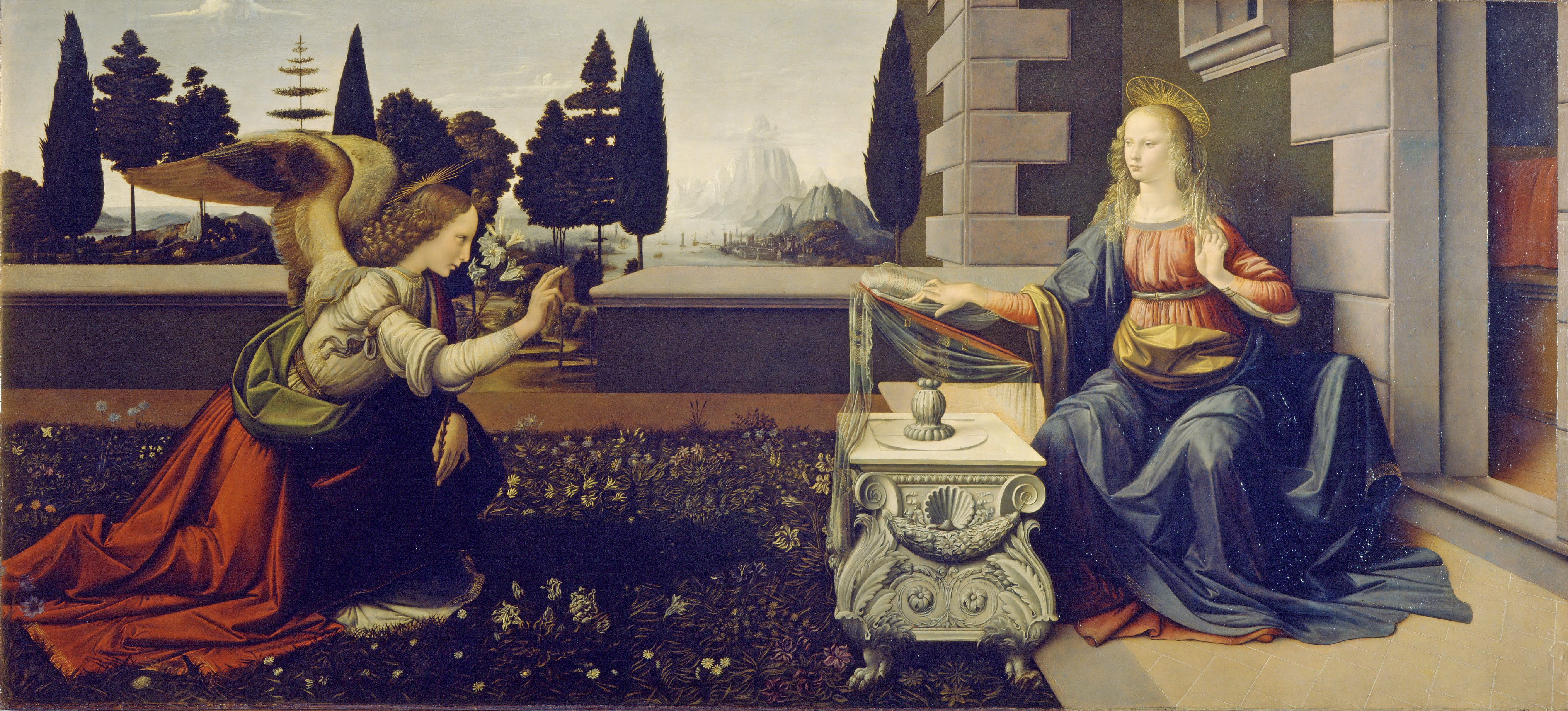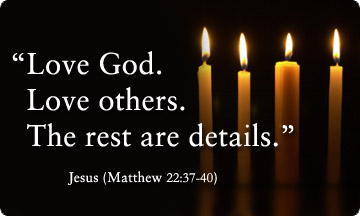THE FEAST OF THE HOLY FAMILY - Luke 2:22-40
Remembering the family of Nazareth - Jesus, Mary and Joseph - we must look at our families and reflect upon the challenges that the families are faced with.
In the Gospel, we find Joseph and Mary taking the child Jesus to the temple in Jerusalem in order to consecrate him to God. Life is always a gift and we must recognise the one who gives it. It is important to accept that the children belong to God. Joseph and Mary put the life of the child Jesus in the hands of God and put themselves as well at God´s service and at the service of their child. Sometimes, parents may behave as if they are the owners of life and as if the children belong to them. Coming through them, the children were called forth to life to reaffirm that they are created in the image of God and that they are always a gift of love from God.
The family of Nazareth helps us to realise that it is difficult for a family to be a family without children. They are a blessing and a gift, in spite of the worries and troubles that they may bring. A family gets its strength from the love that unites them, and love only comes to its completion when it is fruitful.
After the consecration in the Temple, they went back to Nazareth and the life in Nazareth is summed up in a very simple statement: “And Jesus increased in wisdom and in stature and in favour with God and man.” (Lk 2:52) Jesus grew up becoming strong in body and in mind, as we expect it from any normal child so that he found favour with God and man. The bringing up of our children must be harmonious, taking care of all aspects of life, so that the child is sound in body and soul. The formation of the character of a child is, first of all, the responsibility of his parents. Nowadays, it is the common policy of the State to overrule the parents, taking the children out of their control and becoming the sole educator from early childhood up to the end of formal education.
In his letter to the Colossians, Paul gives basic rules for a healthy relationship in the family and in the community. He points out the necessary qualities for a fruitful relationship: compassion, kindness, humility, gentleness and patience. Besides that, one must be ready to “bear with one another” and to forgive. Without forgiveness and reconciliation, the life in the family and in the community will end in failure. Only love makes it possible to be caring and attentive to the needs of the others: “Over all these clothes, to keep them together and complete them, put on love.” (Col 3:14) And it is through the love within the family and the community that we may be able to enjoy peace, the peace that comes from Christ. And we should not forget to have a thankful heart. Looking to the family of Nazareth, we can learn to live with an attitude of praise and thanksgiving to God.












